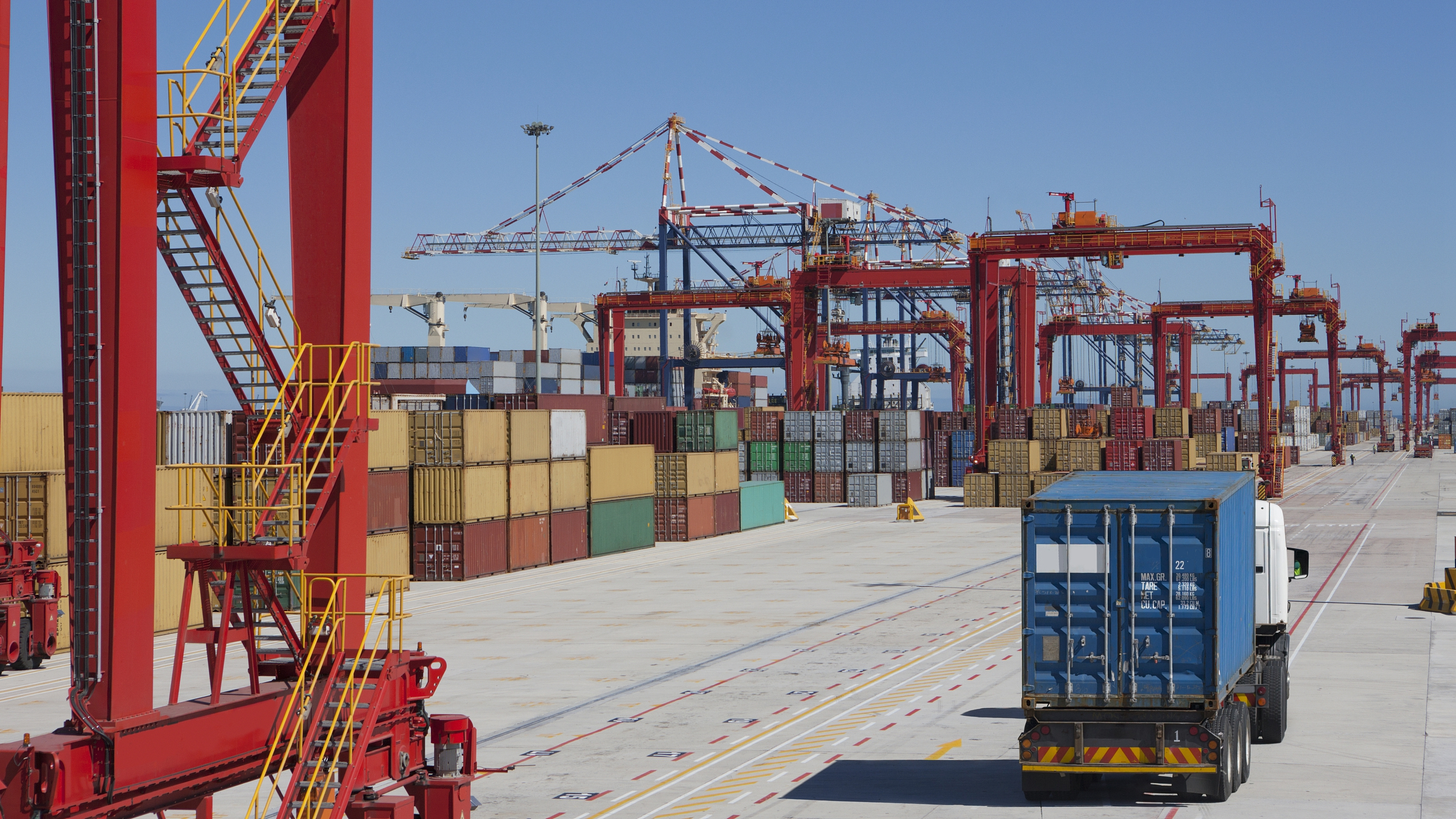
The Organization for Economic Cooperation and Development (OECD) predicted further slowdown in the global economy this year and in 2020 on Thursday, citing escalating trade tension and high policy uncertainty.
The organization, which groups 36 of the world's leading economies, said that the global economy risked entering a new, lasting low-growth phase if governments continued to dither over how to respond.
The global economy will see its weakest growth since the 2008-2009 financial crisis this year, slowing from 3.6 percent last year to 2.9 percent this year before a predicted 3.0-percent in 2020, the OECD said.
Trade growth, which had been the motor of the global recovery after the financial crisis, had fallen from 5 percent in 2017 into negative territory now, OECD chief economist Laurence Boone said.
Meanwhile, trade tensions have weighed on business confidence, knocking investment growth down from four percent two years ago to only one percent.
Boone said that there was evidence that the trade standoff was taking its toll on the U.S. economy, hitting some manufactured products and triggering farm bankruptcies.

In its interim growth outlook, the OECD painted a grim outlook for both advanced and emerging economies. In a bid to end the gloom, the OECD recommended "greater structural reform ambition" to help offset the impact of the negative supply shocks from rising restrictions on trade and cross-border investment and enhance medium-term living standards and opportunities."
Brexit Britain
The uncertainty over government policies was also hitting the outlook for Britain as it lurches towards leaving the European Union.
The OECD forecast British growth of 1 percent in 2019 and 0.9 percent in 2020, but only if it left the EU smoothly with a transition period, a far from certain conclusion at this stage. The OECD had forecast in May growth of 1.2 percent and 1.0 percent.
If Britain leaves without a deal, its economy will be 2 percent lower than otherwise in 2020-2021 even if its exit is relatively smooth with fully operational infrastructure in place, the OECD said.
The euro area would not be spared from negative spillovers under such a scenario and would see its gross domestic product cut by half a percentage point over 2020-2021.